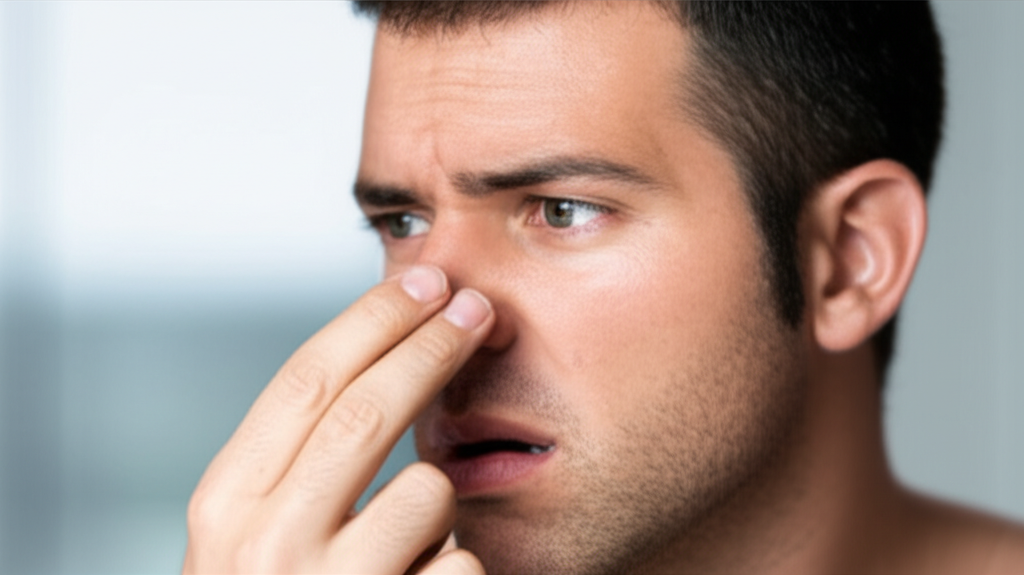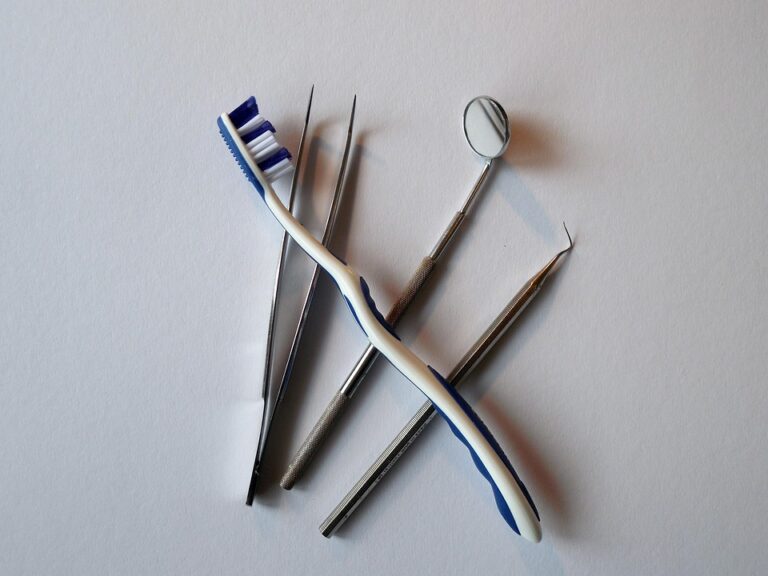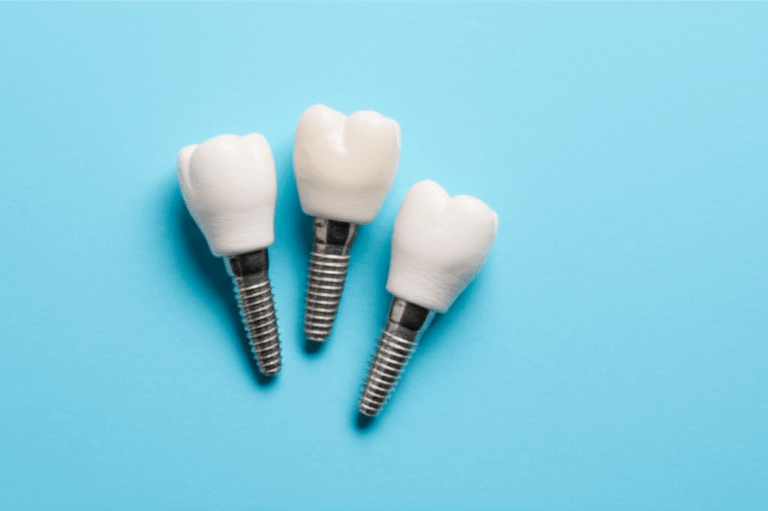
Can Dental Problems Cause Loss of Smell and Taste? Understanding the Oral-Sensory Link
I’ll never forget the first time I noticed my morning coffee tasted off. It wasn’t just the usual “burnt tongue” feeling, either. My favorite dark roast, which was once rich and comforting, suddenly seemed flat and kind of metallic. Around the same time, I caught myself not noticing kitchen smells—like fried garlic or even food starting to burn on the stove. At first, I blamed allergies or maybe a cold that wouldn’t go away.
But then my gums started bleeding when I brushed, and that weird bad taste in my mouth hung around all the time. That’s when I realized my teeth health and brushing habits were doing more than just messing up my smile—they were affecting my senses, too.
If you’re here asking, “Can dental problems cause loss of smell and taste?”—here’s my honest answer: Yes, they can. I wish I’d known this sooner. In this article, I’ll share what I learned about how problems in your mouth can mess with your taste and smell, signs to watch for, and what you can do if food starts tasting or smelling weird.
Table of Contents
- How Dental Issues Affect Taste and Smell: What I Learned
- The Dental Problems Most Likely to Affect Your Senses
- Symptoms I Noticed: How Taste and Smell Get Thrown Off
- Diagnosing the True Cause: My Experience at the Dentist (and Beyond)
- How I Got My Taste and Smell Back: Treatments That Worked
- Prevention Tips: Keeping Your Mouth—and Senses—Healthy
- Final Thoughts: Pay Attention to Oral Health for More Than Just Your Smile
How Dental Issues Affect Taste and Smell: What I Learned
When my sense of taste got weird, I wanted answers. Turns out, your mouth isn’t just a separate place—it’s where nerves, blood, and air all mix together. Dental problems can mess things up in a few main ways.
Direct Ways Dental Problems Mess with Taste
#### Infections and Inflammation on Taste Buds
One day, my tongue felt coated and breakfast hardly had any taste. After some researching and dentist visits, I learned that gum infections, tongue inflammation, or even a mouth fungus (thrush) can block or bother your taste buds. For me, bleeding gums and a sore spot on my tongue made things taste bland or sometimes even a strange metal taste.
#### Chemicals from Bacteria
Bad breath isn’t just embarrassing—it also means something bad is going on. Bacteria in your mouth break down food and gum, making smelly chemicals (like sulfur). These don’t just make your breath stink. They can stick to taste buds, giving food bad or bitter aftertastes. I noticed this once I started skipping flossing, and it made me realize how much it matters.
#### Nerve Involvement
Taste doesn’t just happen on your tongue. Three big nerves deal with tasting: trigeminal, facial, and glossopharyngeal nerves. Dental infections or dental work near these nerves (like wisdom teeth out or root canals) can bother these nerves, making your tongue feel numb or changing taste. After dental surgery, I remember how half my tongue tasted things differently for a while.
#### Dry Mouth (Xerostomia)
There was a time my mouth felt super dry—like a desert. That made all food taste bland or even bitter. Dry mouth, which you can get from some meds or just not drinking enough, means you don’t have enough spit to move flavor around. Spit carries taste from food to your tongue. No spit, no taste.
Indirect Ways Dental Trouble Impacts Smell and Taste
#### Sinus Infections
The roots of your top teeth are close to your sinuses. A dental abscess or deep cavity can send germs to your sinus, causing infections that block your smell. I know people who lost their smell and had upper jaw pain—ended up being a hidden tooth infection.
#### Systemic Inflammation
Mouth infections can make your immune system react like crazy. The chemicals your body makes during this can bother nerves and taste buds in ways you’d never guess. For me, this meant feeling tired and foggy—and food and smells were just dull.
#### Referred Pain and Sensation
Sometimes your brain gets confused about where pain or weird feelings come from. Dental pain or infection can make you feel odd stuff in your nose or smell things that aren’t there, which happened to me after a wisdom tooth got infected and I smelled weird chemical scents out of nowhere.
#### Bad Bacteria and Odors
If you’ve ever had bad breath, you know how strong mouth smells can get. The same smelly chemicals that cause bad breath can drift up into your nose from the back of your throat, messing up taste and smell even more.
The Dental Problems Most Likely to Affect Your Senses
After some trial, error, and a lot of blah-tasting meals, I kept a list of my symptoms and dental appointments. Eventually, the main causes were really clear.
Gum Disease (Periodontal Disease)
My first sign was bleeding gums. Gum disease starts with gingivitis and can get worse to periodontitis. Both mean red gums, bad breath, and changes in taste. It’s like gross chemicals slowly building up in your mouth. People with long-lasting gum disease usually lose some taste sharpness. Bad breath shows up a lot, and it makes everything taste and smell gross.
Dental Infections and Abscesses
If you get a serious infection deep in a tooth or gums (an abscess), you’ll probably taste something foul and metallic. Pus and bacteria ooze out and coat your taste buds. If it spreads to the tissue around or your sinuses, your smell can just disappear. This happened to me until the dentist drained and fixed the abscess.
Tooth Decay
A cavity might not sound like a big deal, but bad decay can trap old food, giving bacteria a place to grow. The rot smells and tastes sour. I had a small cavity that made everything taste spoiled until I got it filled.
Oral Thrush (Candidiasis)
Ever had a white film on your tongue along with food tasting bland? That’s probably oral thrush, a fungus that makes everything taste like cardboard. This happened to me after a long round of antibiotics.
Dental Procedures and Materials
I’ve had my fair share of dental work—like fillings and a root canal. Sometimes, these can hurt or bum out nerves, making taste go weird for days or weeks. Metal fillings can leave a metal taste. Even new dentures can change how stuff tastes at first, depending on the material.
If you’re looking into things like dentures, you might want to learn how material choice changes taste—not just how well they work, which I learned from a dental ceramics lab.
Other Oral Conditions
Don’t forget about dry mouth or mouth sores. Both can mess with taste and make eating painful. Even small inflammation added up for me, making meals less fun.
Symptoms I Noticed: How Taste and Smell Get Thrown Off
Nobody expects their senses to quit on them—but if you pay attention, you’ll notice little changes. Here are some things I experienced and learned to watch for:
- Metallic, bitter, or sour tastes that won’t go away
- Bland flavors (like chewing on cardboard)
- Strange phantom tastes—sometimes sweet, sometimes gross, for no reason
- Sometimes totally losing taste (ageusia) or smell (anosmia)—which is scary
- Food just not smelling as yummy or strong as normal
- Always having bad breath
- Swollen, red, or bleeding gums
- Tooth pain, swelling, or pus
For me, the mix of taste changes and gum problems were the real clue something bigger than a cold was going on.
Diagnosing the True Cause: My Experience at the Dentist (and Beyond)
Ignoring it didn’t help. After weeks of being annoyed, I called my dentist. Here’s what happened to me—and what might happen if you see a professional too.
It was a lot, but it felt good to finally get answers and a game plan.
How I Got My Taste and Smell Back: Treatments That Worked
It didn’t get better right away, but the right dental care made a huge difference. Here’s what helped me—and can help most people:
Treating the Underlying Problem
- Professional Cleaning: For gum disease, nothing works better than a cleaning at the dentist’s. My gums got better fast.
- Fillings, Root Canals, and Extractions: Bad decay or infections got fixed. After, my taste slowly got back to normal.
- Antibiotics and Antifungals: For infections or thrush, medicine cleared things up, and taste came back.
- Dentures or Fillings Adjustment: If a fake tooth or filling is causing the problem, changing the fit or switching material (like from a different crown and bridge lab) can fix taste issues.
Managing Symptoms During Recovery
Sometimes nerves take weeks to heal. My dentist said to keep my mouth wet and use a gentle, alcohol-free mouthwash. I also started tongue scraping and gentle brushing to clear out gunk.
The Power of Follow-Up
One thing I learned—don’t skip check-ups after dental work. Keeping track of how you’re healing with your dentist stops small issues from coming back or getting worse.
If you want more about long-term mouth care and keeping your taste good, check out this guide to dental care.
Prevention Tips: Keeping Your Mouth—and Senses—Healthy
Looking back, stopping problems early would have saved me a lot of trouble (and weird tastes). Here are my simple tips that help not only your smile but also your taste and smell:
- Brush twice a day and floss once a day. I know it sounds boring, but it’s a must.
- Clean your tongue. It’s an easy place for bad stuff to build up.
- See your dentist regularly. Even with no pain, they can catch stuff you’ll miss.
- Drink enough water. Saliva helps your taste buds work.
- Eat healthy and don’t eat too much sugar.
- Don’t smoke or chew tobacco. Smoking really hurts taste and smell.
- Take care of dry mouth. If a medicine dries you out, ask your doctor about options.
- Fix or replace any bad dentures or dental gear. I figured out that the right fit helps you taste food again.
Learning about teeth diseases and knowing early warning signs is something everyone should know. The sooner you spot it, the easier it is to fix.
Final Thoughts: Pay Attention to Oral Health for More Than Just Your Smile
If you remember one thing from my story, let it be this: Your mouth matters—not just for eating or talking, but for enjoying all tastes and smells in life. Dental problems do take away taste and smell—but you can do something about it.
If your senses change, don’t ignore it. Getting help early and building good habits can bring back more than just your bite—you’ll actually enjoy food, smells, and life again.
If taste or smell stays weird, talk to your dentist right away. You (and your taste buds) will be glad you did.
Remember: A happy smile means happy senses too. Listen to what your mouth is telling you!
If you liked this article and want more about mouth health, teeth information is a good spot to start. Your senses—and your smile—deserve it.








